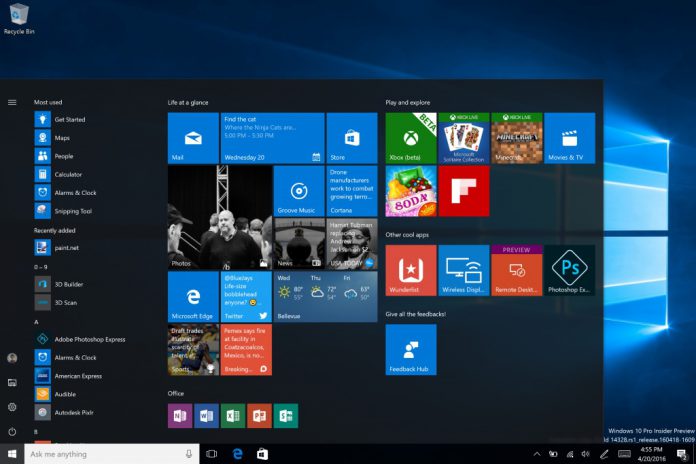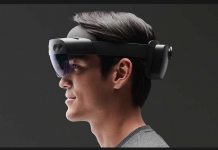The Windows 10 Shell is the Windows environment we all know, representing the visible GUI elements of the OS. It gives us access to system elements and objects needed to run applications, and houses features such as the Start Menu, Desktop, Taskbar, and more. Other Windows 10 editions currently use individual shells, such as Windows 10 Mobile, which obviously looks much different than Windows 10 for PCs. According to a report on Windows Central, Microsoft is planning on bringing these device categories under one new Windows Shell over the next few Windows 10 releases. This new Windows Shell is “Internally referred to as “Composable Shell” or “CSHELL”” and will be able “to scale in real-time between all types of devices, similarly to how Continuum currently works between desktop mode and tablet mode.” Windows Central has also been told that “the Composable Shell will begin showing up over the next few major Windows 10 updates, for Mobile, then Desktop, and eventually Xbox too.” Windows 10 PCs and tablets currently share the same Windows Shell thanks to Microsoft Continuum. However, Windows Mobile, HoloLens, and Xbox still have individual shells that are maintained and updated separately. The fully functional ARM version of Windows 10 Microsoft showed off recently is a clear sign that they are taking big steps towards bringing the various instances of Windows (PC, Mobile, Xbox, Hololens, etc.) much closer together. Aligning the currently different instances by sharing the so called “Composable Shell” or “CSHELL”, might be the next logical step.
Following in the steps of OneCore and UWP
The current Windows Shell is not a true universal element shared by the different Windows 10 implementations unlike the Windows OneCore platform and the Universal Windows Platform (UWP). Windows 10 introduced a set of API and DDI interfaces called OneCore. Using these interfaces to create drivers and apps assures that they will run on multiple Windows 10 devices. Building apps upon the UWP can help users run them on Windows 10 PCs, tablets, phones, Xbox, HoloLens, Surface Hub and more.



